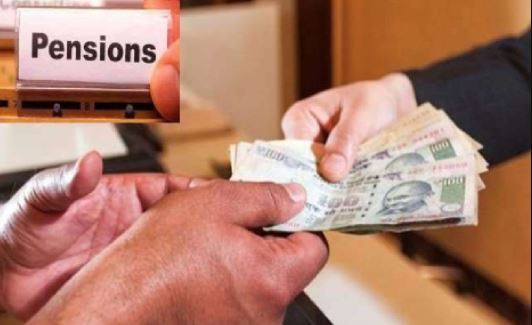
Higher Pension Last Date: Till now EPFO has received more than 12 lakh applications for higher pension. Eligible employees have until Monday, June 26 to apply. Its deadline has already been extended
Today is the last day for the Employees’ Provident Fund Organization (EPFO) to apply for pension over and above the EPS. EPFO has fixed the last date as June 26, 2023. Till date EPFO has received more than 12 lakh applications for higher pension. Eligible employees have to apply till Monday, June 26. Its deadline has already been extended and instead of waiting for further extension of the deadline, it would be better if eligible subscribers apply for higher pension as soon as possible.
Employees’ Provident Fund Organization (EPFO) has also issued a circular regarding this. It explains the calculation of higher pension for employees opting for higher pension on the basis of actual pay under the Employees’ Pension Scheme (EPS). According to the circular, the formula for calculating higher pension will be different for those who retire before September 1, 2014 and those who retire after this date.
Let us tell you that the pension contribution of the company for the employee is 8.33% of Rs 15000 i.e. Rs 1,250. Even if the basic salary is more than Rs 15,000, the employer’s contribution to the pension is calculated only on the basic salary of Rs 15,000.
EPS was introduced in 1995 and under it the higher pensionable basic salary was Rs 5,000 per month. It was later increased to Rs 6,500 and the basic salary to Rs 15,000 per month with effect from September 1, 2014.
How to apply
- All eligible employees have to submit an application on the EPFO portal along with the required documents
- The link can be accessed on the UAN Member e-Sewa Portal (https://unifiedportal-mem.epfindia.gov.in/memberinterface/).
- After the submission of application form by the employer will be verified by the EPFO officer.
Who is eligible for higher pension?
1) Employees who were members under EPS prior to 1st September 2014, and continue to be members on or after that date.
2) Employees and employers who paid the contribution on salary in excess of the standard salary limit of ₹5,000 or ₹6,500.